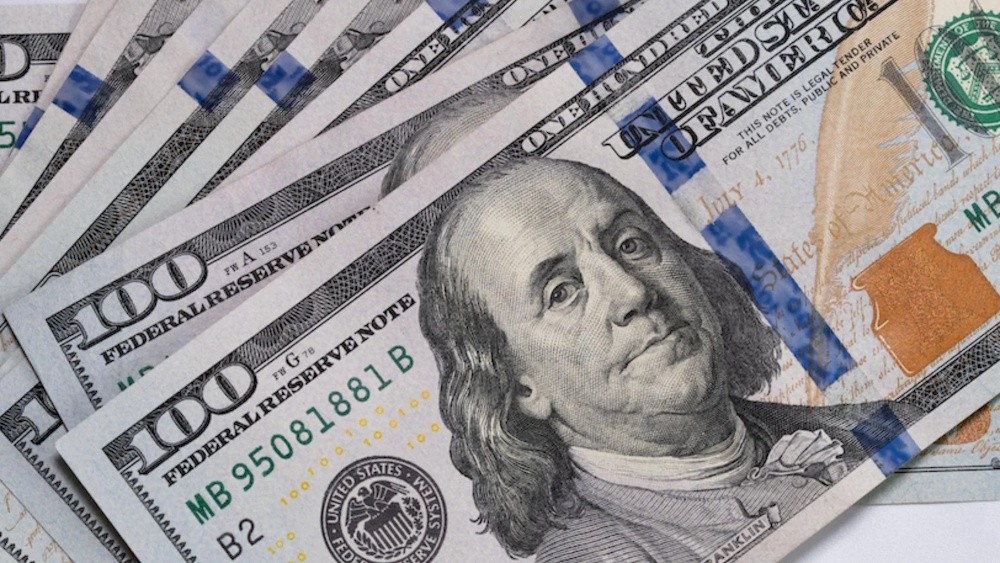
The dollar appreciated on Wednesday following Federal Reserve Chair Jerome Powell’s remarks, which countered market expectations for an additional rate cut at the U.S. central bank’s December meeting, subsequent to the anticipated rate reduction by the U.S. central bank. Wednesday’s rate cut faced opposition from two policymakers, as Governor Stephen Miran reiterated his stance for a more significant reduction in borrowing costs, while Kansas City Fed President Jeffrey Schmid advocated against any cut due to persistent inflation concerns. “The dissent from Schmid is hawkish, reflecting the sentiment of several Fed officials, which may exert pressure on Powell to temper market expectations for a December cut,” stated Adam Button. Powell indicated that officials at the U.S. central bank are facing challenges in achieving a consensus regarding the future of monetary policy, advising that financial markets should not presume an additional interest rate cut will occur by year-end. The likelihood of a rate cut at the Fed’s December meeting currently stands at 62%, a decrease from approximately 85% earlier on Wednesday.
The U.S. central bank has announced its decision to resume limited purchases of Treasury securities, responding to indications from money markets that liquidity is tightening—a situation the central bank is committed to preventing. Market participants are closely monitoring the ongoing trade discussions between the United States and China, as U.S. President Donald Trump is scheduled to meet with China’s leader Xi Jinping on Thursday. The dollar index recorded an increase of 0.63% for the day, reaching 99.28, while the euro experienced a decline of 0.56%, trading at $1.1585. The European Central Bank and the Bank of Japan are anticipated to maintain their current interest rates on Thursday.
The Japanese yen depreciated by 0.56% against the US dollar, now standing at 152.86 per dollar. The currency had gained earlier following U.S. Treasury Secretary Scott Bessent’s recommendation for Japan’s government to allow the central bank the flexibility to increase interest rates, intensifying his caution to Tokyo about maintaining a weak yen through extended low borrowing costs. Bessent, present in Japan alongside Trump for discussions with the newly-established government of Prime Minister Sanae Takaichi, has consistently expressed criticism towards the BOJ regarding its gradual approach to rate increases. The S&P 500 remained unchanged following Powell’s lack of assurance on a December Fed rate cut.
Britain’s pound experienced significant declines as market participants recalibrated their positions in light of increasing expectations that the Bank of England will implement a rate cut in the upcoming week. “The Bank of England is firmly concentrated on inflation. But in terms of their characterization of the outlook, one of the pieces that they’ve been highlighting has been the labor market,” stated Eric Theoret. The data appears to have softened significantly. “And so with that lower inflation print, I think it provides a clearer signal for the Bank of England to consider easing,” Theoret stated. Recent data indicated that British inflation remained unchanged in September, contrary to expectations. A report released earlier this month indicated that British workers’ pay experienced its slowest growth since 2022, while the unemployment rate saw a slight increase. Goldman Sachs indicated on Tuesday that it anticipates the BoE will implement rate cuts next month, a shift from its earlier stance of no easing for this year.
